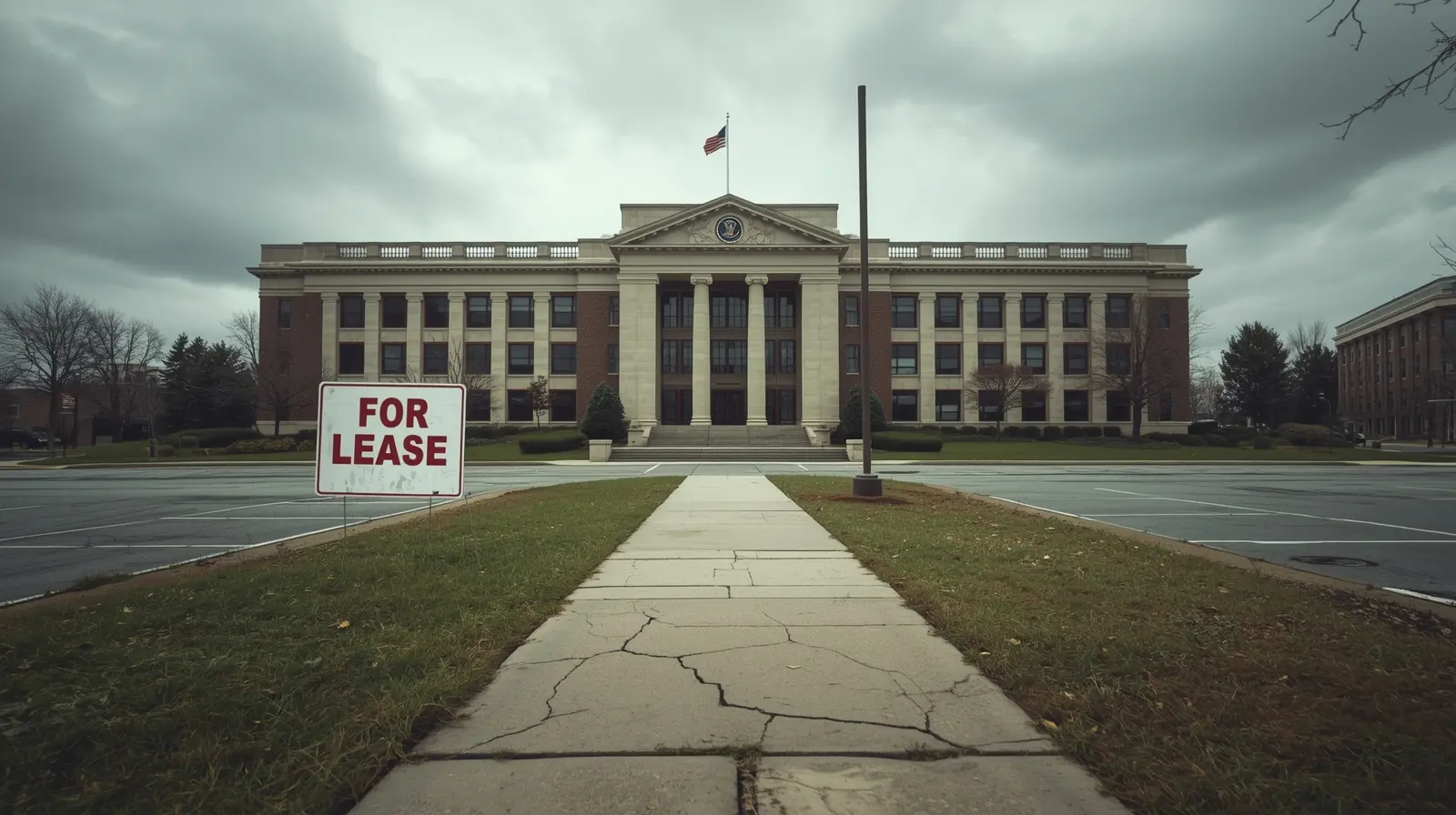
Vietnam Aims to Achieve Another Tiger Economy Status in Asia
HANOI, Vietnam – Soviet-style red banners and a gold bust of Ho Chi Minh adorn the Party School of the Vietnam Communist Party. With To Lam’s speech on Vietnam’s development 2.0, the nation is embracing a new motto: “a new era of development.” Vietnam aims to reach high-income status by 2045 and join Asia’s tiger economies, alongside South Korea, Hong Kong, Singapore, and Taiwan.
Vietnam’s Continued Economic Progression
Vietnam’s GDP has grown 6.5% annually since 2015, surpassing the Asian average. Demand for textiles, electric vehicle components, and semiconductors is rising globally. Foreign investment in semiconductors and renewable energy is increasing, unemployment is near historic lows, and a growing middle class is boosting per capita consumption in urban centers.
Balancing Innovation with Productivity
The economy must balance innovation and productivity to transition from middle- to high-income status. A McKinsey & Company report recommends tripling labor productivity over the next 20 years. Nearly three-fifths of the workforce remains in low-paying jobs in manufacturing, agriculture, and basic services. A shift to high-value tech sectors like AI, robotics, and advanced manufacturing is critical to avoid the middle-income trap.
Education is Central to Reform
The Ministry of Education is prioritizing STEM, digital literacy, and critical thinking. Higher education partnerships with foreign universities expose students to innovation networks. Vocational scholarships and technical training aim to steer talent toward AI, renewable energy, and biotechnology. Public-private partnerships modernize teacher training, R&D incentives, and curriculum development to support industrial and technological growth.
Attracting Foreign Innovation
Venture capital and investment incentives encourage technological adoption. Hanoi’s National Innovation Center offers start-ups lab space, seed capital, and mentorship. In 2024, local start-ups raised $1.4 billion across fintech, logistics, renewables, and AI. Global tech firms like Google, Alibaba, and Samsung have established AI and R&D centers in Hanoi, fostering domestic entrepreneurship and high-value exports.
State-Owned Firms and Privatization
Vietnam is reducing the dominance of state-owned enterprises (SOEs), allowing more market access for private and foreign investors while maintaining SOEs as a growth engine. Reforms aim to enhance transparency and ensure equal opportunity, balancing state control and market regulation for sustainable growth.
Environmental Sustainability and Green Growth
Vietnam is pursuing sustainable development with a coal phase-out by 2040 and a threefold increase in renewable energy capacity by 2030. The Asian Development Bank sponsors a Pilot Carbon Trading Scheme, and Green Bonds may fund high-speed rail and urban infrastructure projects. Ho Chi Minh City and Hanoi are leading in sustainable infrastructure, integrating renewable energy, public transportation, and smart city technologies.
From Poverty to Manufacturing Powerhouse
Vietnam’s per capita income grew from $1,200 in 1990 to over $16,000 today. Manufacturing exports have reduced poverty, particularly in urban areas. The U.S. is Vietnam’s largest export market, contributing to a $123.5 billion trade surplus in 2024 despite 20% tariffs. Competitive advantages include low wages, growing manufacturing sophistication, and regional cost leadership.
Investing in Multiple Growth Engines
Vietnam is focusing on semiconductor, electronics, battery production, AI R&D labs, and renewable energy projects like solar, wind, and biomass. Infrastructure projects, including a $67 billion North-South high-speed rail, will integrate labor and supply chains. Financial innovation includes fintech hubs and global capital market access. Long-term plans may include civilian nuclear power plants.
Private Sector Emerges as a Key Force
The government emphasizes private enterprises as key drivers of growth. Resolution 68 improves financing access for firms, encourages international expansion, and sets a target of 20 new technology, manufacturing, and service companies by 2030. Cross-border innovation and collaboration are priorities.
Structural Challenges and Climate Risks
Vietnam faces climate threats, especially in coastal industrial regions. Typhoon Yagi in 2024 caused $1.6 billion in damages. Demographic shifts suggest women over 60 and men over 65 may need to remain in the workforce. Investments in robotics, healthcare, and productivity improvements are essential to maintain economic growth.
The Road Ahead: Risks and Ambitions
Speed and productivity are pivotal for growth. Vietnam aims to boost tourism, renewable energy, and green economy investments. Success could elevate the country to high-income status while reducing the innovation and productivity gap, creating a model economy for middle-income developing nations.
Global Implications
Vietnam’s trajectory draws global attention. Analysts view the country as a bellwether for Southeast Asia, demonstrating how developing economies can capitalize on geopolitical shifts, supply chain changes, human capital investment, and green energy adoption. Investors and policymakers see Hanoi as a hub for innovation-led growth.
Conclusion

Vietnam’s pursuit of tiger economy status is ambitious and multifaceted. Decades of export growth, manufacturing investment, and foreign capital inflow set the stage, but achieving high-income status by 2045 requires reform in education, productivity, technology, and governance. The government’s emphasis on private enterprise, infrastructure, and sustainability underpins a multifaceted growth strategy. Success could place Vietnam among Asia’s most dynamic economies, serving as a blueprint for other emerging nations. The world will observe as Hanoi experiments with rapid economic modernization, innovation-driven growth, and sustainable development.
See more news





